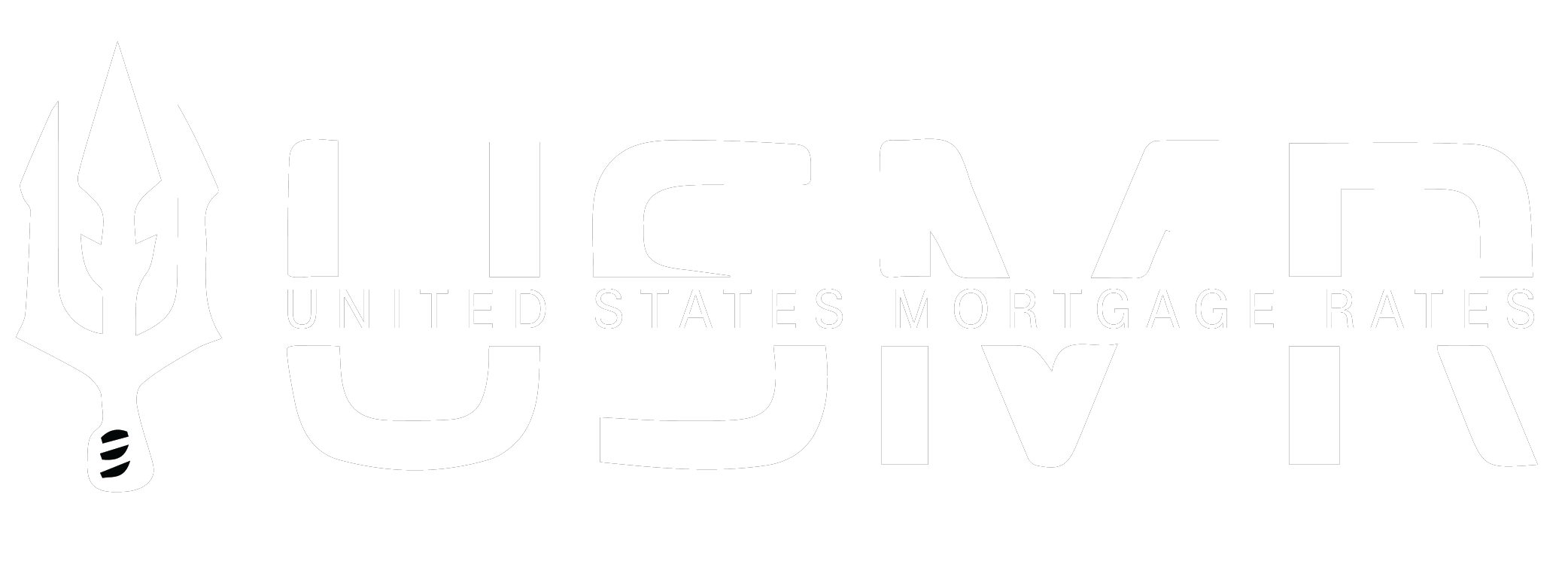30 N Gould St Ste 3815, Sheridan city , Wyoming - 82801, USA

Rate Drop Alert! Refinance back in Demand by 20%
If you’re planning to purchase a house or refinance your current home loan, now is the time to do it! Mortgage rates have dropped and this surge in demand has caused a 20% increase in refinancing activity. This blog post will explore why mortgage rates have dropped and how this could benefit potential borrowers. We will also discuss the factors that can affect the rate you get and how to find the best deal for you.
Read on to learn more about taking advantage of this rate drop alert!
When mortgage rates drop, it's natural to think about refinancing your home loan. After all, who wouldn't want to lower their monthly payments or interest rate? But before you jump into the refinance process, it's important to ask yourself: is refinancing right for you?
There are a few key factors to consider when determining if refinancing is the right move for you. First, take a close look at your financial situation. Are you in good shape financially, with a steady income and good credit score? If not, refinancing may not be the best option for you.
Next, consider your current mortgage terms. If you have a fixed-rate mortgage, there's no need to refinance – unless you're looking for a shorter loan term or to cash out some equity. However, if you have an adjustable-rate mortgage (ARM), now may be a good time to refinance into a fixed-rate loan while rates are low.
Finally, think about your future plans. Are you planning on selling your home in the near future? If so, it may not make sense to refinance since you'll likely only be in the home for a short period of time and won't benefit from the lower monthly payments or interest rate.
If you've considered all of these factors and decide that refinancing is right for you, then it's time to start shopping around for the best deal.
-
Check your credit score and get it as high as possible before applying for a refinance. The higher your credit score, the better interest rate you'll qualify for.
-
Shop around and compare rates from multiple lenders before deciding on a loan. Be sure to compare fees and closing costs as well as interest rates.
-
Get quotes from both traditional lenders and online lenders to compare offers.
-
Make sure you have plenty of equity in your home before refinancing. You'll need to have at least 20% equity to qualify for most refinance loans.
-
Pay attention to the terms of your loan carefully. Some loans have prepayment penalties or other terms that might not be ideal for your situation.
-
A mortgage broker can help you compare loans from different lenders and get the best rate possible.
The average savings from refinancing is %. This means that if you have an outstanding loan balance of $100,000, you could potentially save $1,000-$2,000 per year by refinancing. Of course, the actual amount you save will depend on a number of factors, including the interest rate you're currently paying, the new interest rate you're able to obtain, and the length of your loan.
If you're thinking about refinancing your home loan, now is a great time to do it. Mortgage rates have dropped significantly over the past few months, making it an ideal time to refinance and potentially save yourself some money. It's important to keep in mind, however, that refinancing isn't always the right choice for everyone.
Refinancing can be a great way to save money and reduce your monthly payments, but it's important to make sure it's the right decision for you. Consider your financial situation, current mortgage terms and future plans before making any decisions. Make sure you compare offers from multiple lenders, and don't forget to factor in all of the costs associated with refinancing. With USMR, you can potentially save hundreds or even thousands of dollars over the life of your loan.


